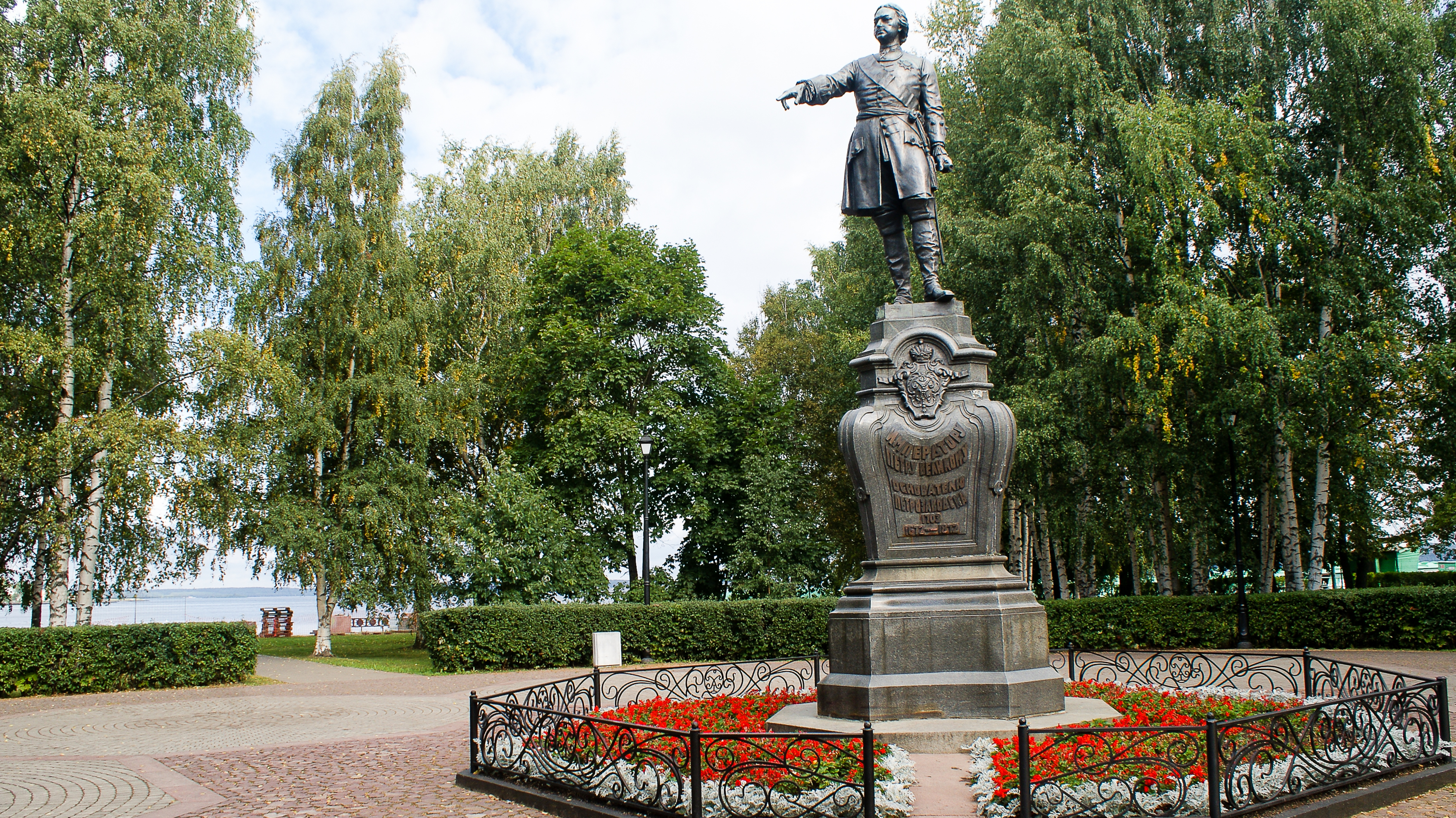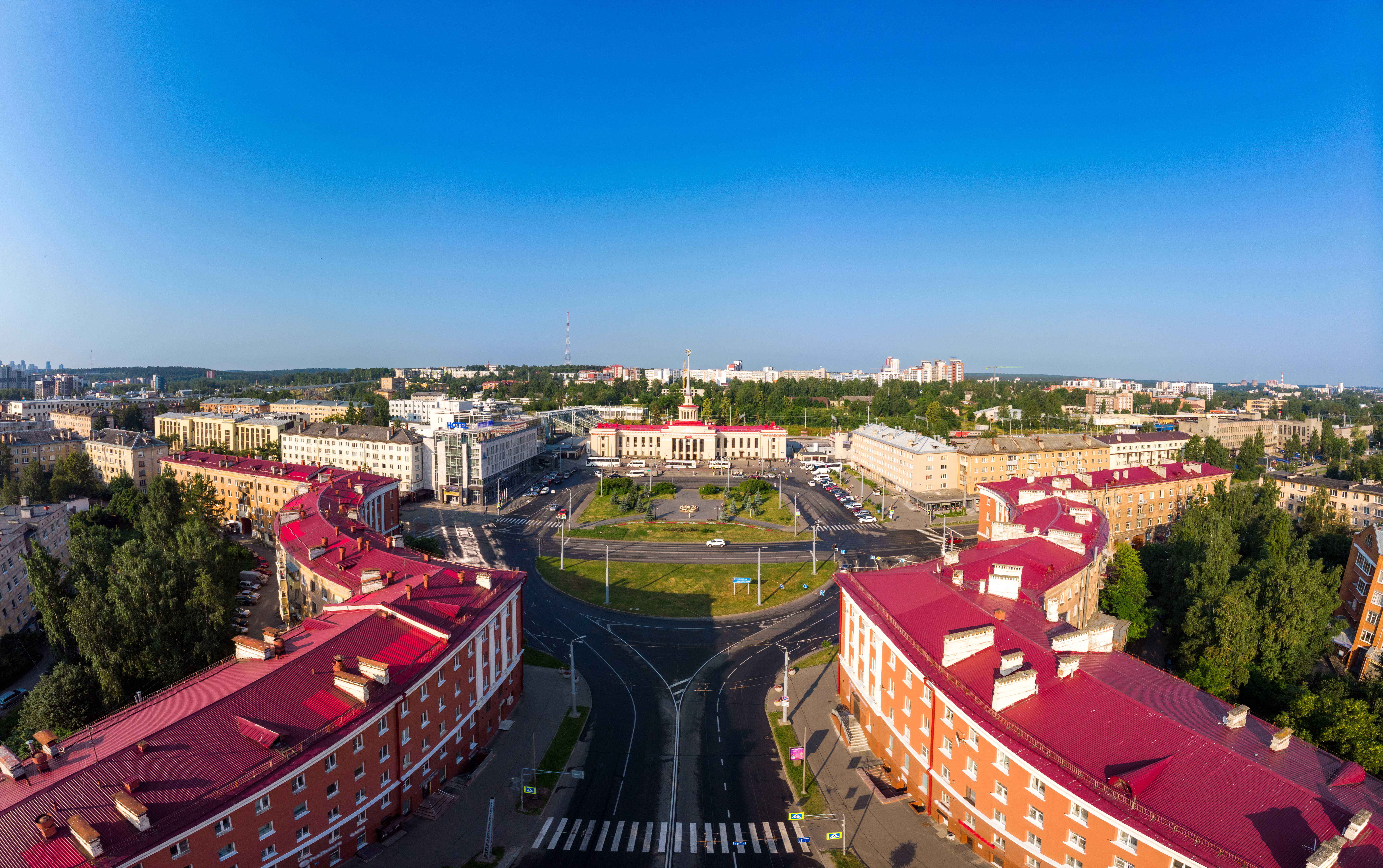Республика Карелия является привлекательной территорией для туристического бизнеса, стабильно входит в ТОП-10 туристических направлений России, заняла четвертое место в списке регионов, которые россияне мечтают посетить, уступив лишь Байкалу, Алтаю и Санкт-Петербургу.
В национальном туристическом рейтинге по итогам 2024 года Карелия заняла 26 место.
Участие в федеральной целевой программе
- 11 новых туристических комплексов
- 19 объектов туристского показа
- 23 объекта обеспечивающей инфраструктуры
- 550 новых рабочих мест
- 1 007 мест размещения
- 11 туристских центров в 5 районах республики (Кондопожский, Питкярантский, Прионежский, Пряжинский, Сортавальский), связанных единой сетью маршрутов
- Объём инвестиций – 390,8 млн рублей
Ключевые туристические доминанты Республики Карелия
Карелия – это рай для тех, кто мечтает прочувствовать всю фантастическую атмосферу северной природы. Удивительный край, привлекающий своей первозданной красотой.
Почти миллион гектар земли, более 5% от общей площади республики, составляют особо охраняемые природные территории. В них немало выдающихся по красоте природных ландшафтов и достопримечательностей.
Природные символы Карелии – лес, вода и камень. Здесь бескрайние сосновые боры, заповедные леса, березовые рощи и осинники, горящие багрянцем по осени. Два крупнейших европейских озера – Онежское и Ладожское, суровое Белое море, бурные реки, ревущие водопады и тихие лесные «ламбушки». Здесь «на камнях растут деревья», а самые красивые архитектурные сооружения облицованы карельским камнем: гранитом, кварцитом и мрамором.
Удивительные дикие леса, голубые озера и величественные скалы очаровывают каждого, кто приедет к нам в гости. Наслаждаться красотами природы можно бесконечно, поэтому многие возвращаются в Карелию снова и снова!
Чтобы оценить и понять многовековую культуру Карелии, надо обязательно посмотреть исторический заповедник Кижи – уникальный остров с шедеврами деревянного зодчества Древней Руси. За прошедшие столетия строения из дерева удалось сохранить в первозданном виде. Именно поэтому это историческое место было внесено в список ЮНЕСКО.
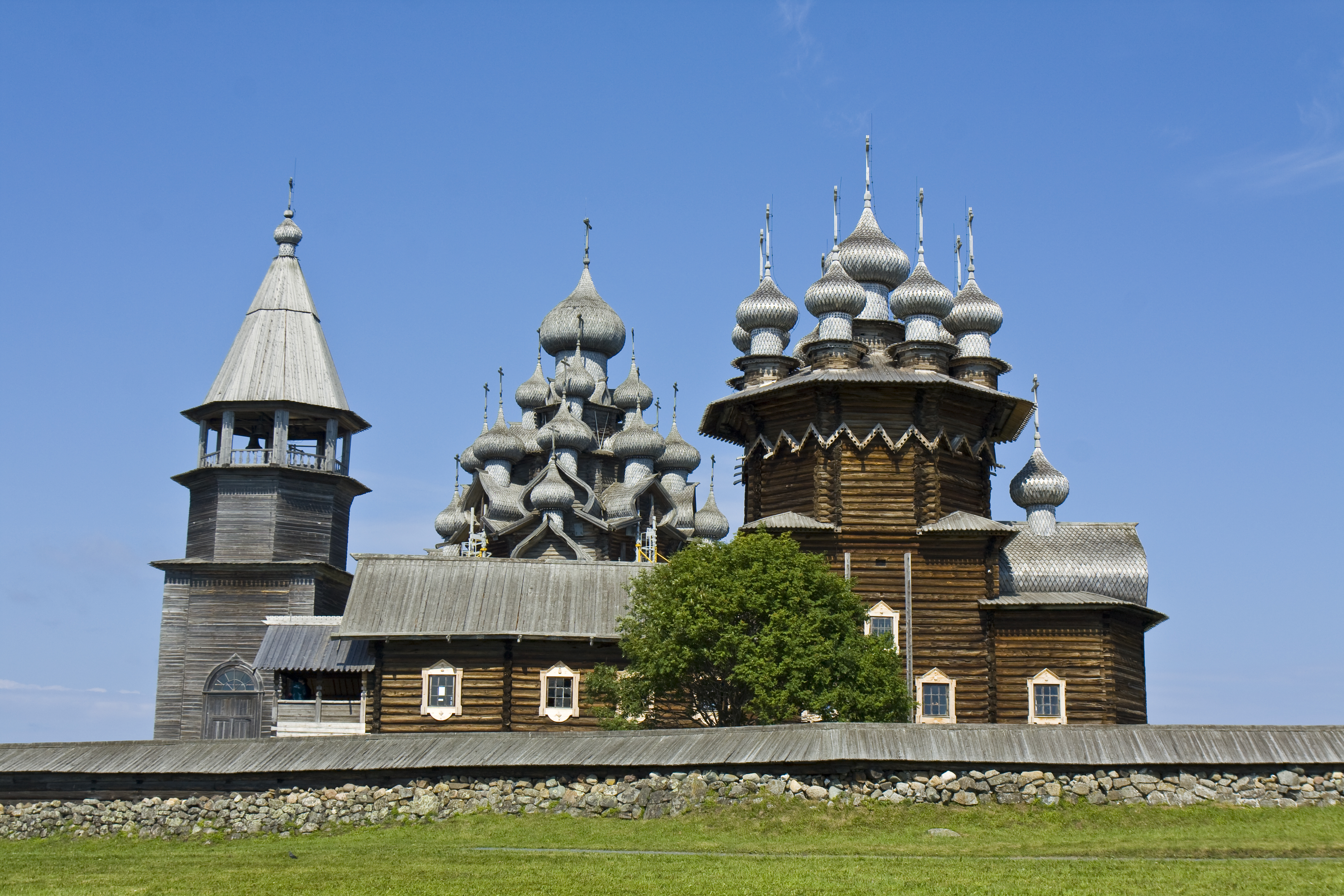
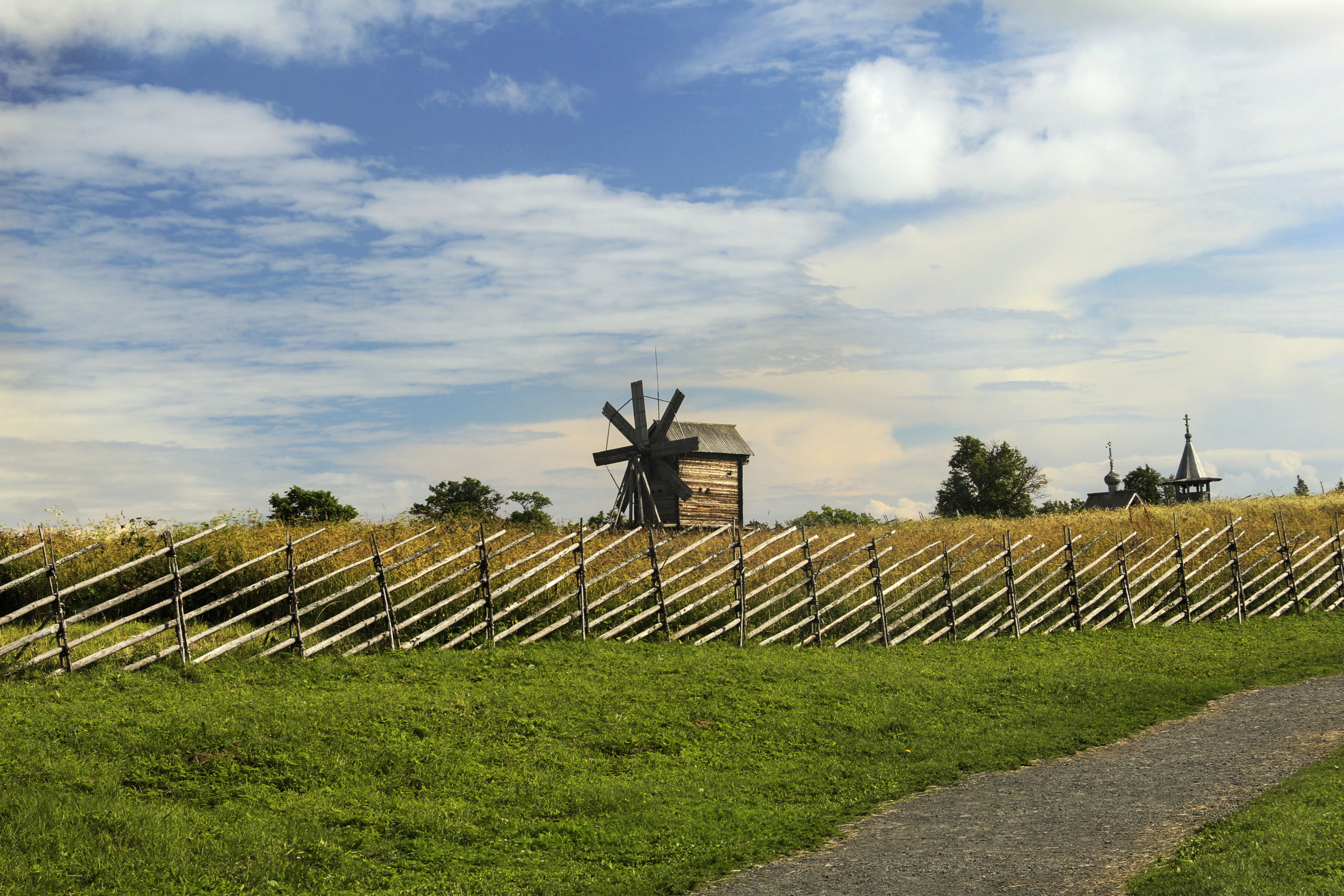
Важнейшим местом православного паломничества в России на протяжении столетий является Валаамский Спасо-Преображенский монастырь, один из красивейших северных монастырей России.
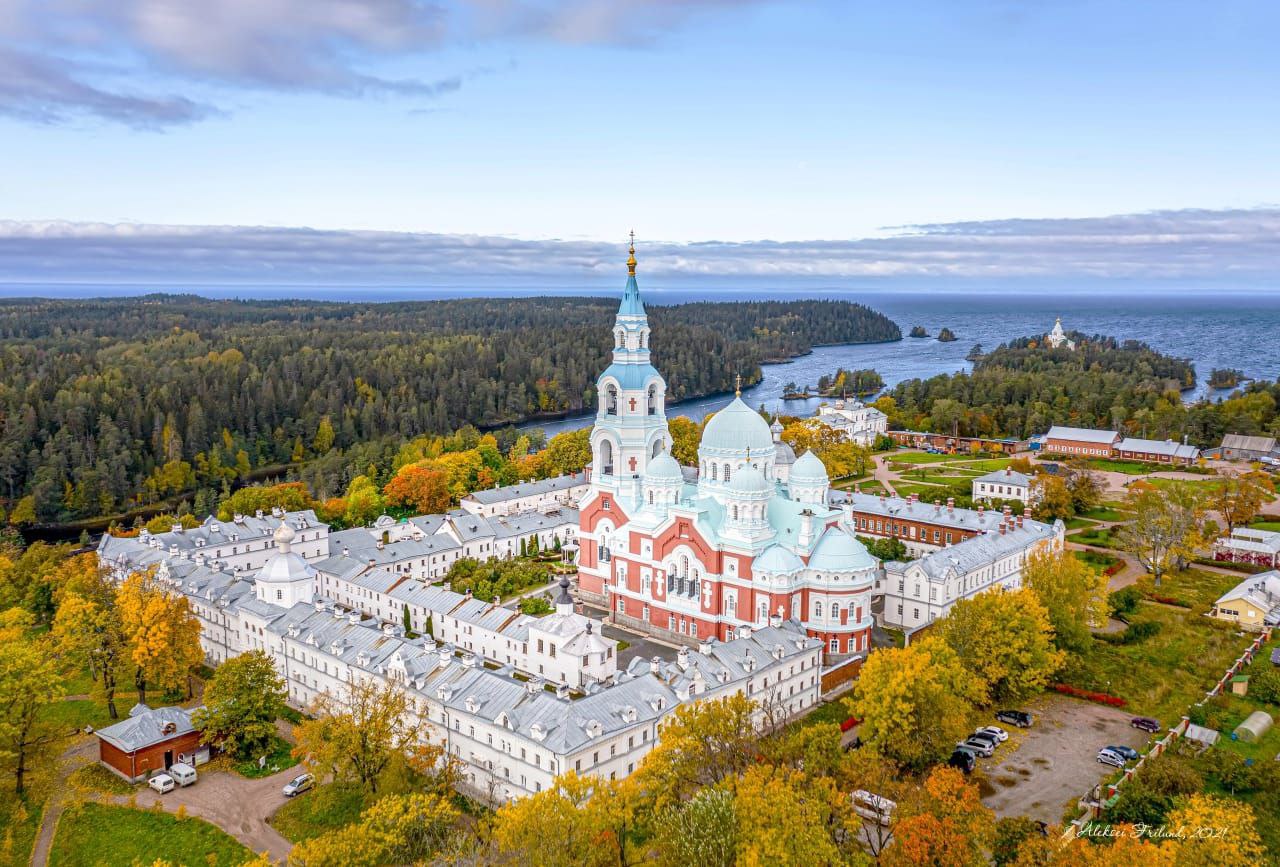
Одним из самых ярких и популярных мест Карелии является горный парк Рускеала – памятник природы и истории горного дела. Главная достопримечательность Горного парка – Мраморный каньон, старинный каменный карьер, который разрабатывался почти три века
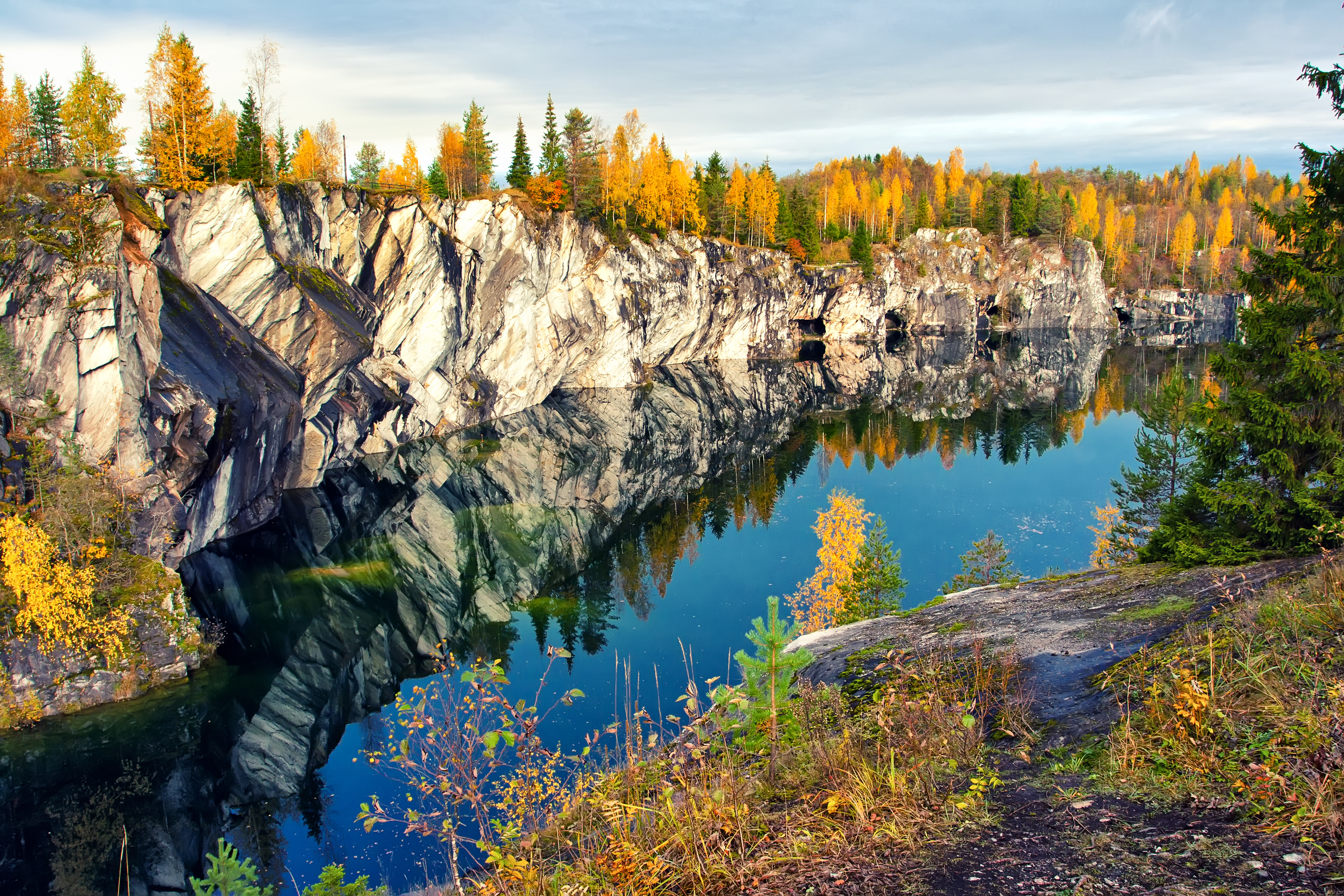
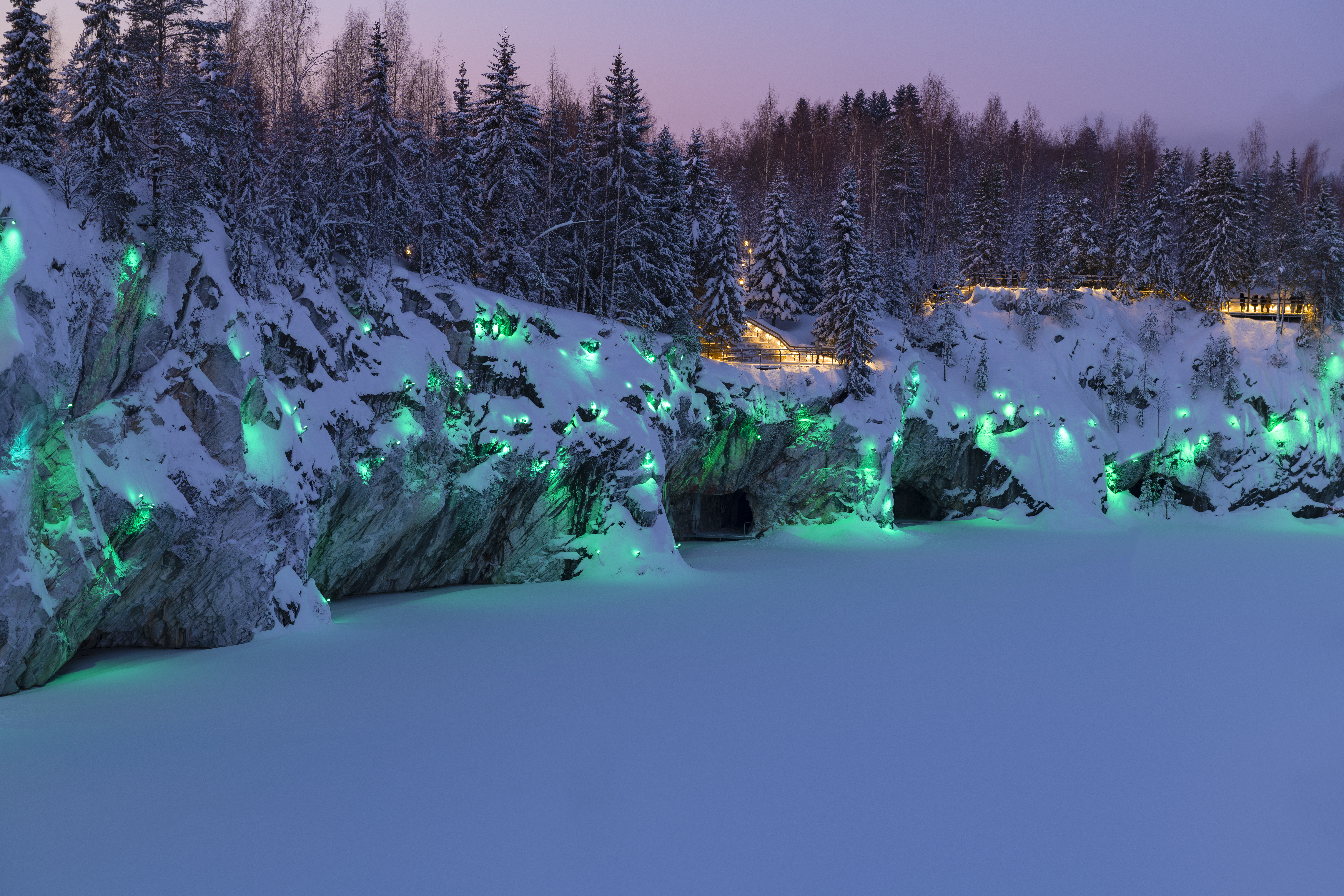
Заповедник Кивач - один из старейших российских заповедников. Он создан в 1931 году по инициативе карельских ученых в научных, опытно-хозяйственных и культурно-просветительных целях. На территории заповедника находится водопад Кивач, образуемый падением реки Суны.
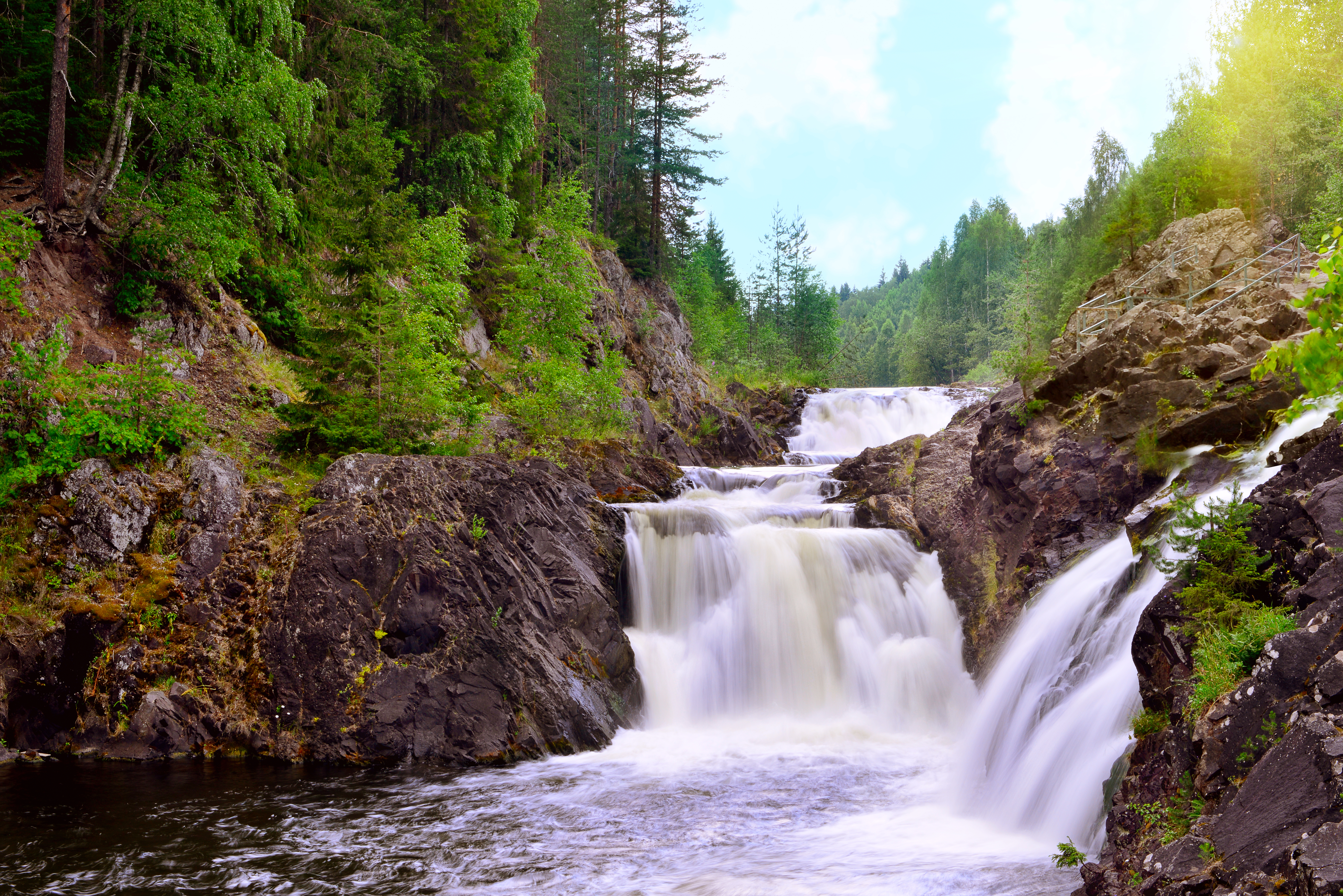
Любителей древностей привлекают Беломорские и Онежские петроглифы – наскальная живопись, созданная древними охотниками и рыбаками, возраст которой превышает 5 тысяч лет.
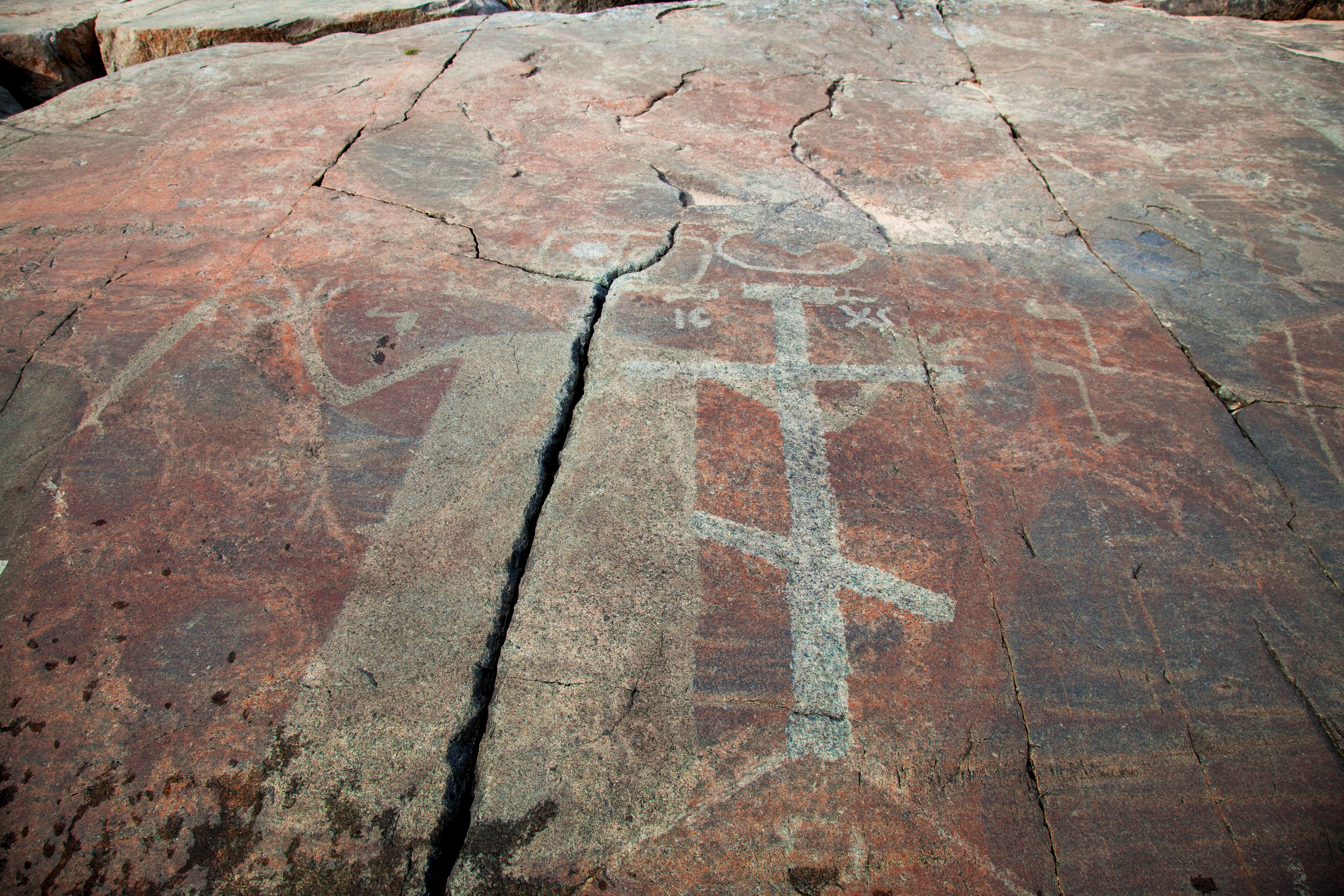
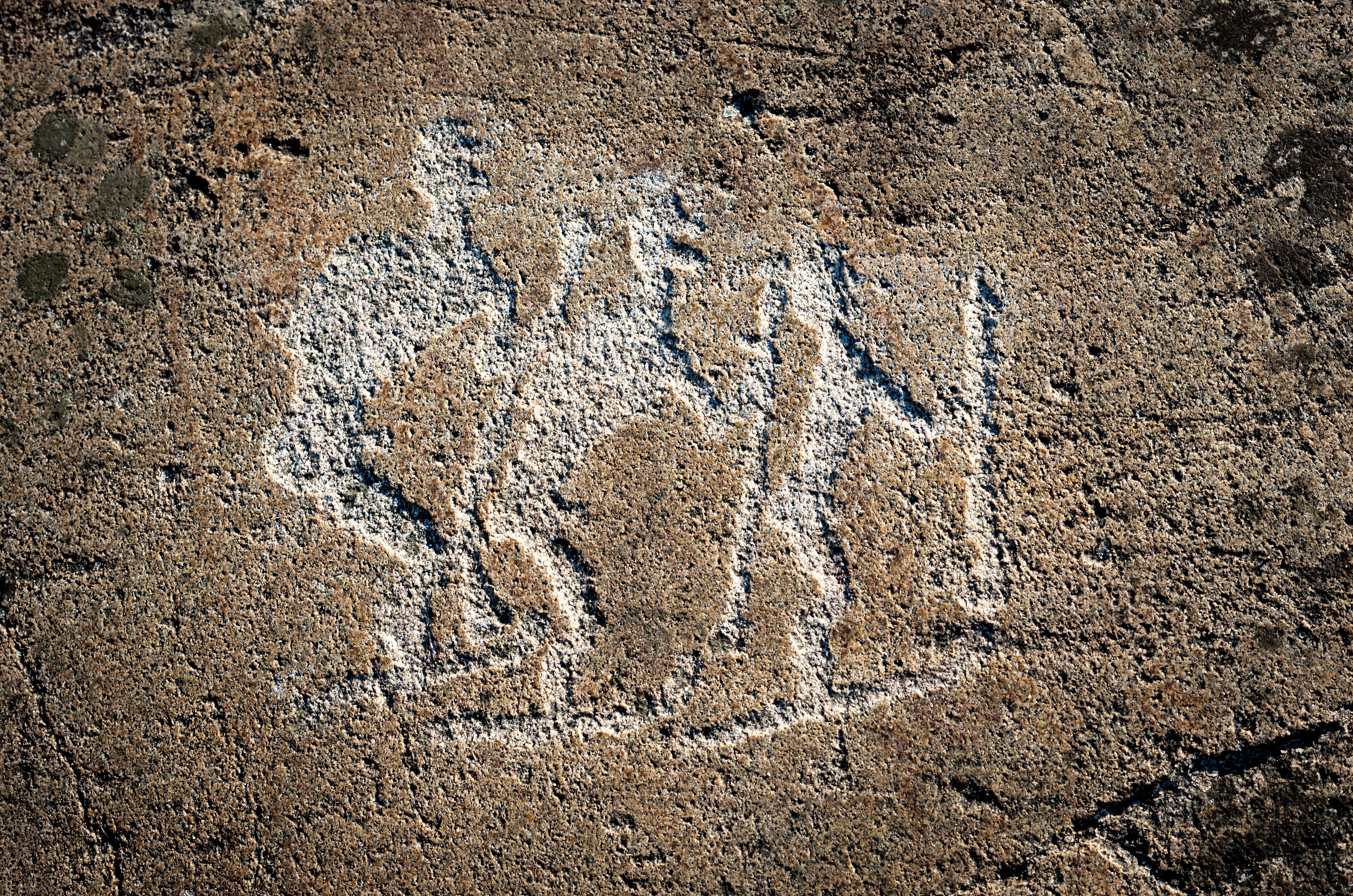
Любителей необычных туристических мест завораживает гора Воттоваара — загадочное место, хранящее в себе множество тайн: многочисленные «сейды», деревья причудливой формы, каменный бассейн, «мертвая» тишина, создающие вместе особенную таинственную атмосферу.
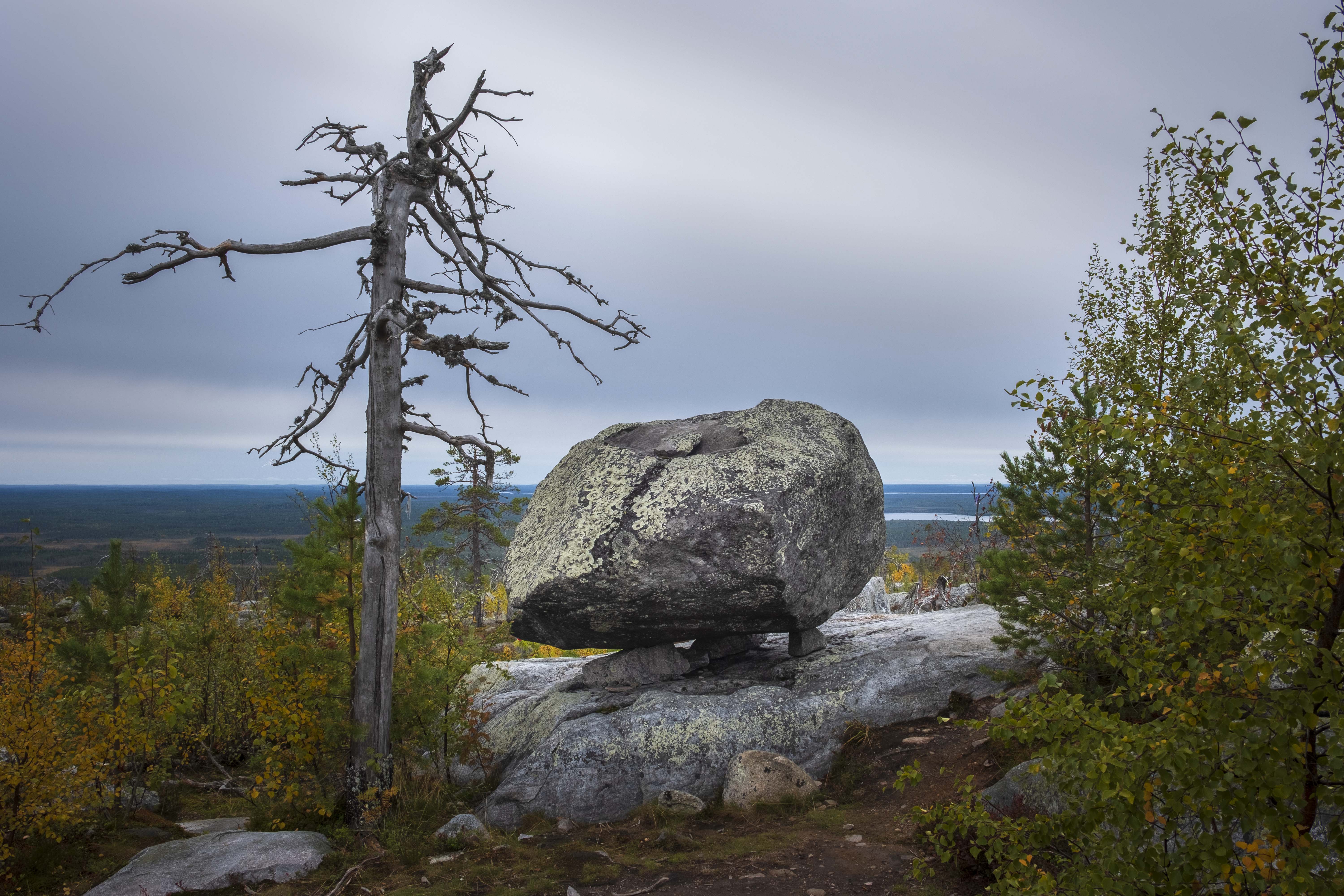
Тем, кто хочет уединиться от суеты больших городов, будет по душе отдых в заповедниках, национальных и природных парках.
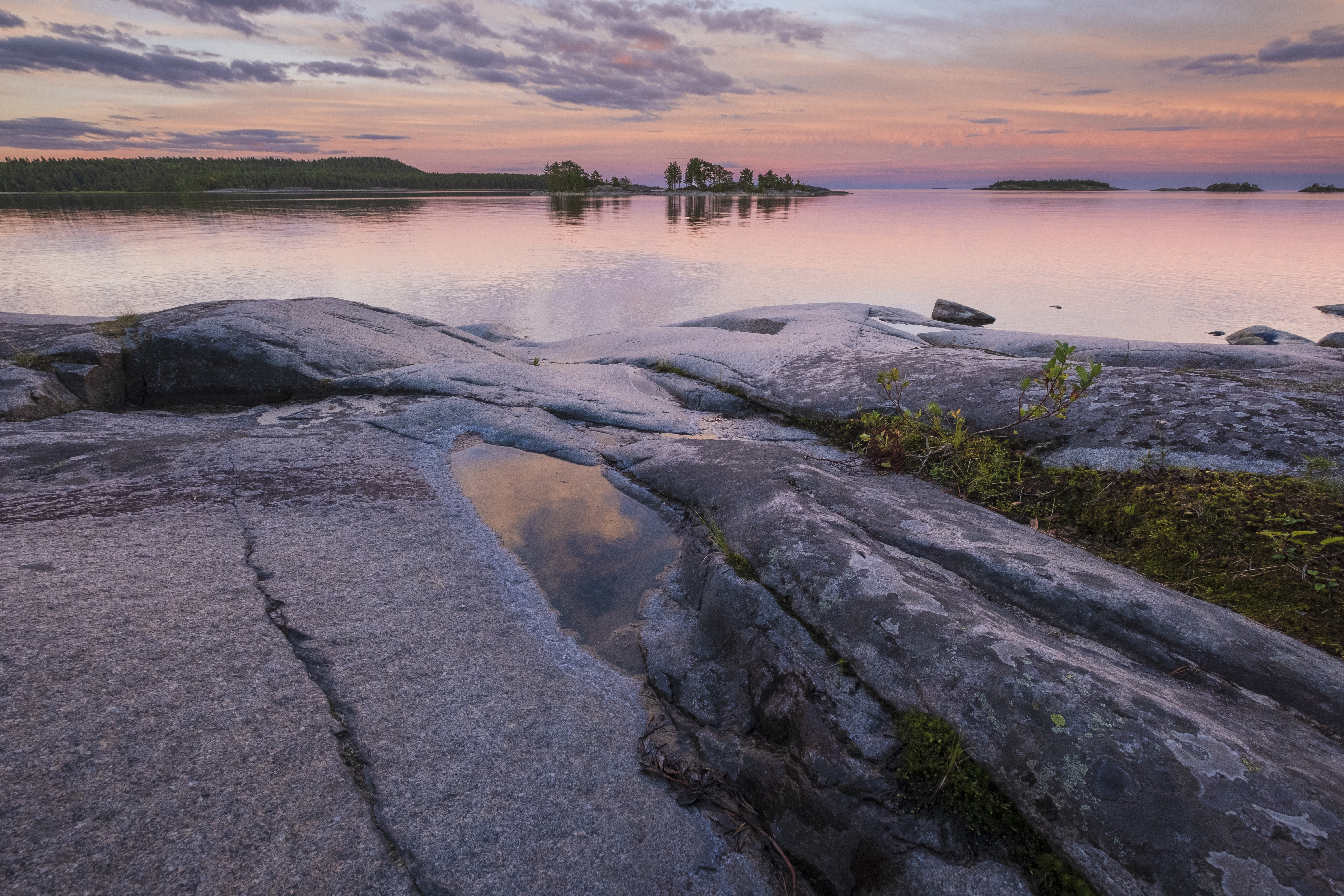
Осударева дорога, железные заводы и первый российский курорт – в начале XVIII века Петр Первый основательно встряхнул наш северный край. Его имя и сегодня носит столица Карелии, город основанный Петром.
